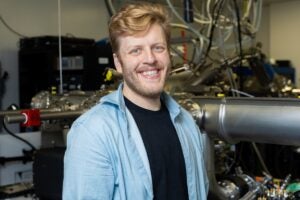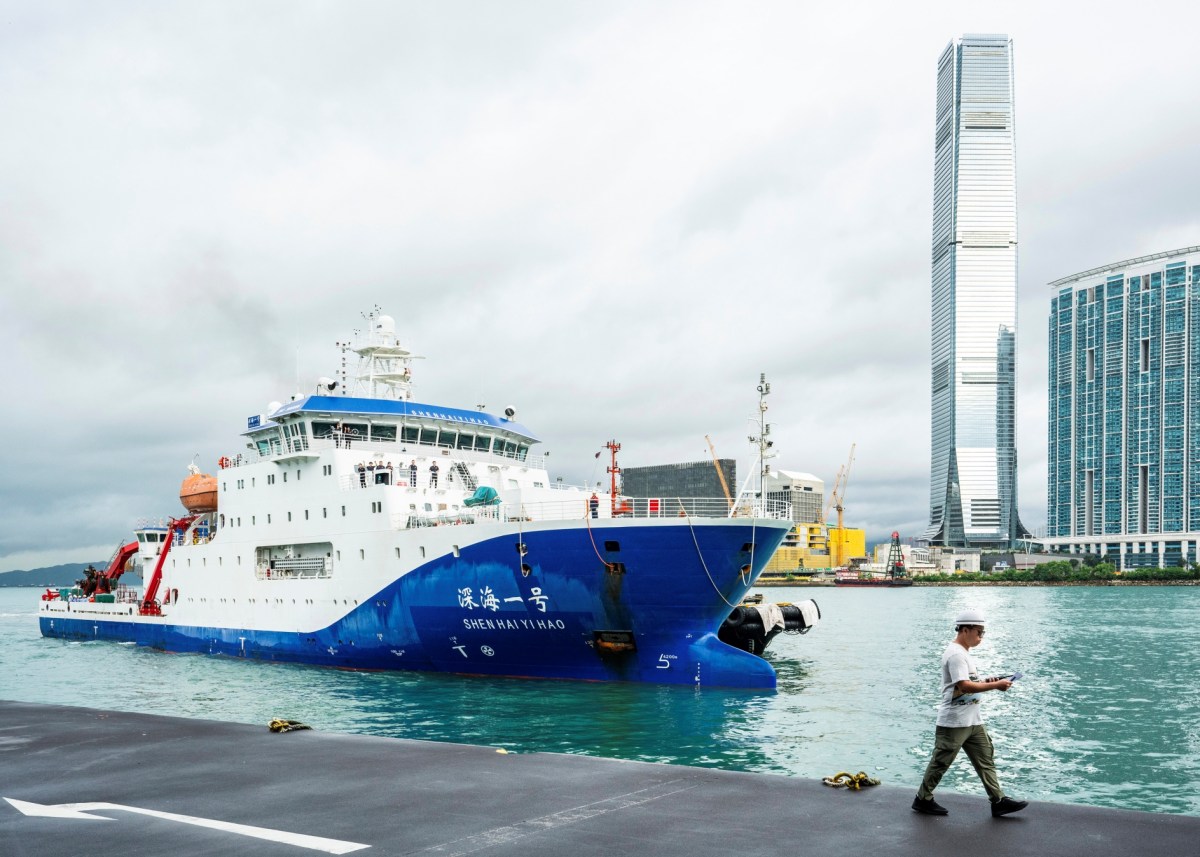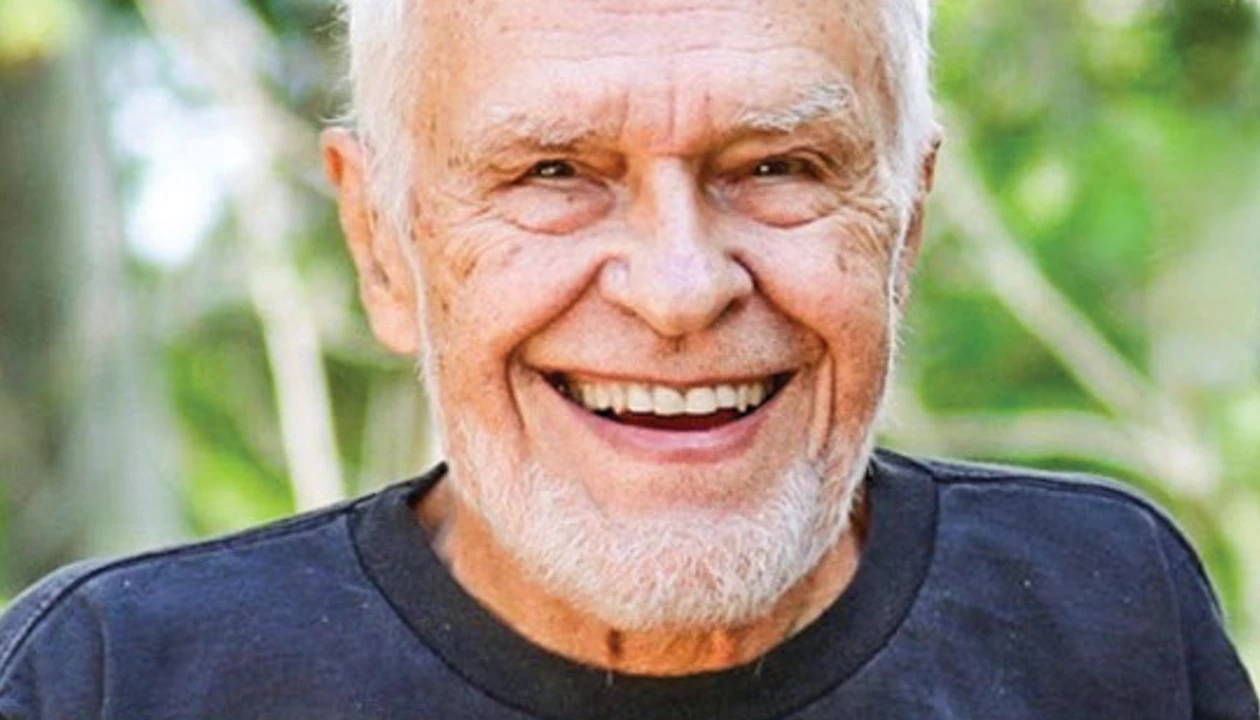The U.S. Air Force Office of Scientific Research (AFOSR) has awarded a significant grant to Assistant Professor Leland Nordin from the University of Central Florida (UCF). Nordin received a three-year grant totaling $450,000 as part of the 2025 Young Investigator Program (YIP). His project, titled “Nanophotonic Mid-wave Infrared Avalanche Photodiodes,” was chosen from more than 150 submissions, highlighting the potential impact of his research.
Nordin, who is based in the Department of Materials Science and Engineering and holds a joint appointment in the College of Optics and Photonics (CREOL), expressed enthusiasm about the recognition. “This project builds on what I’ve done for the past 10 years, and it has a broad impact,” he stated.
Advancing Avalanche Photodiodes
The core of Nordin’s research focuses on enhancing avalanche photodiodes (APDs), which are semiconductor devices capable of detecting low light levels. These devices play crucial roles in various applications, including autonomous vehicles, medical imaging equipment, and fiber-optic communications. In defense scenarios, APDs are utilized for communications, mapping, and surveillance, particularly effective in low-light conditions.
While current APD technology performs well in visible and near-infrared wavelengths, Nordin’s team aims to extend their capabilities into the mid-infrared range. This advancement will facilitate the detection of weaker signals associated with heat and light, such as those emitted by aircraft engines, vehicles, or missiles. “We’re doing our first test to make individual detectors, then we’ll scale up to full imagers like cameras,” Nordin explained, indicating a clear roadmap for his research.
Nordin’s expertise is not new to the field. He has previously received the U.S. Army Research Office Early Career Program Award and focuses on next-generation semiconductor materials and devices, encompassing their design, growth, fabrication, and characterization.
Background and Future Prospects
Before joining UCF, Nordin was a postdoctoral research fellow at Stanford University‘s Geballe Lab for Advanced Materials. He earned both his doctoral and master’s degrees in electrical and computer engineering from the University of Texas at Austin. His ongoing research promises to push the boundaries of infrared technology, paving the way for innovative applications in various sectors.
As Nordin embarks on this project, the implications of his work could extend beyond academia into real-world applications, fundamentally transforming how we detect and interact with the world around us. Such advancements not only bolster technological capabilities but also enhance safety and efficiency in numerous fields, particularly in defense and advanced communications.






